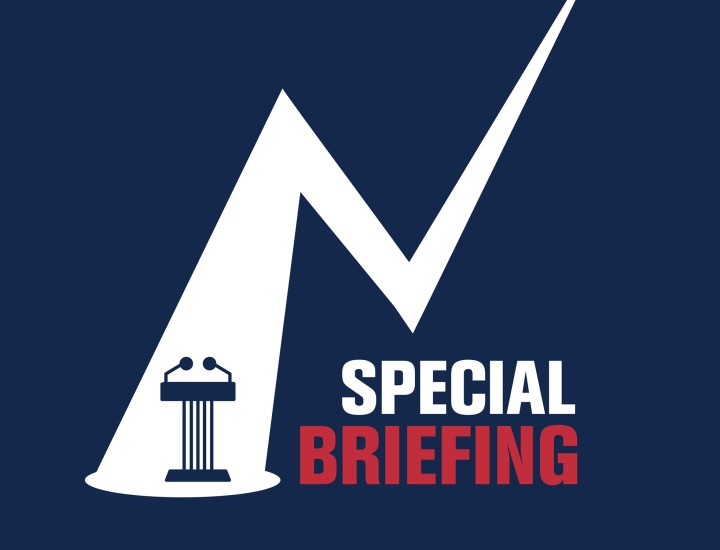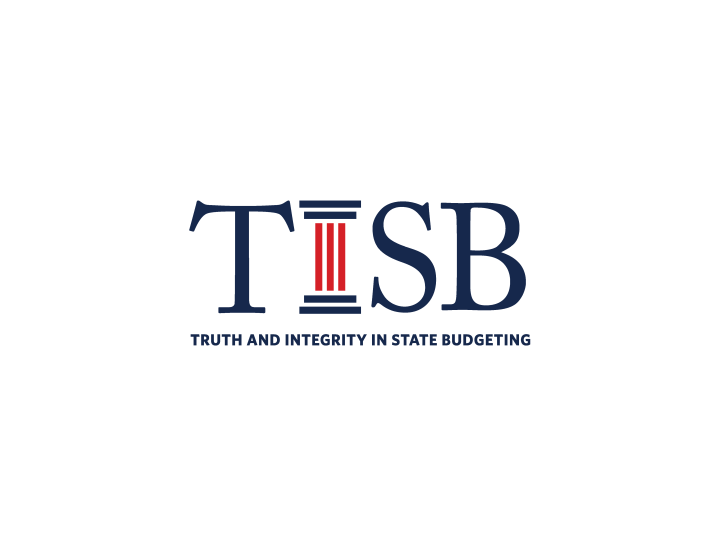MMA Discusses the Latest Truth and Integrity in State Budgeting Report, Infrastructure and Transparency

This article was originally published March 3, 2019 by Municipal Market Analytics.
I believe in the higher calling of government—regardless of level—with its overarching purpose to reflect the collective goals of its respective community. Infrastructure fits neatly into this mandate, or at least for a while longer, so I am dismayed when government underperforms in its duties.
As the basis of this dismay, I refer to the December 2018 report of The Volcker Alliance titled “Truth and Integrity in State Budgeting.” Its grading period covers fiscal years 2016, 2017 and 2018 and is the second of an annual assessment of state budget practices.
I believe many governmental finance officers have read this report. My urging then is directed at my former industry professionals: if you are an investment banker, financial advisor, bond lawyer, or underwriter’s counsel, take 90 minutes and read the 129-page report. Also, municipal bond investors will find value from the report’s data. My good deed for the week is making it easy for you by providing this URL:
https://www.volckeralliance.org/publications/truth-and-integrity-state-…
The Volcker Alliance grew out of the Great Recession when it became clear state and local government financial practices were in need of improvement. It is non-partisan and independent, providing a source of research previously unavailable in the U.S. municipal space.
The Report covers five areas of analysis: Budget Forecasting, Budget Maneuvers, Legacy Costs, Reserve Funds and Transparency.
For this Note, I focus only on a single component of the Report’s overall Transparency assessment—that which relates to disclosure of deferred infrastructure replacement costs. The actual Transparency grade a given state receives is based on a broader basket of issues that includes easy public availability of its consolidated budget, debt tables, and tax expenditures in addition to the infrastructure maintenance issue.
All states (except for Alaska, California Hawaii and Tennessee), received a “No” for this assessment category. The designation translates to “did not follow best practice,” which sounds generous to me. The Volcker Report summarizes this item as:
Most states fail to disclose the estimated cost of deferred infrastructure maintenance. This is a liability like underfunded pension costs. While many governors have acknowledged the importance of spending more on infrastructure, it is difficult to persuade taxpayers and legislators that this is a critical issue as long as this basic cost data are not included in budgetary or related documents. Transparency is essential to building consensus as to the way forward as it facilitates the dimensioning of the problem. Any organization—a business, government or family—must have the facts to determine a course of action.
But this observation is really a form of political advice—disclose the problem and then build a constituency for a solution. A more technical take of this lack of transparency relates to ratings, security offerings, and the reality of “balanced budgets”. These processes and conclusions cannot be sound without accurate data regarding a state’s plan for its infrastructure future.
The municipal industry—clients and professionals alike—is overdue for a thoughtful answer to this question. We are ten months away from the third edition of this report of The Volcker Alliance. Let’s hope by that time the following table reflects this essential reform.


